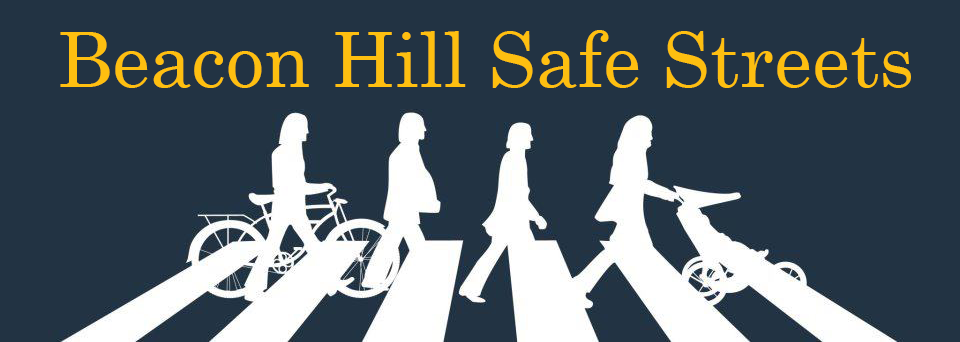Collaboration with PATHSS Study PHI Pilot Grant Proposal
Population Health Initiative (PHI) Pilot Program:
We are delighted to confirm our collaboration with the PATHSS study (Participatory Active Transportation for Health in South Seattle) PHI pilot grant proposal, led by PI Dr. Katherine Hoerster, UW Department of Psychiatry and Behavioral Sciences. We are Beacon Hill Safe Streets, the primary community organization partnering with Seattle Department of Transportation (SDOT)’s activities focused on improving access to mobility in Beacon Hill to promote health and community resilience, we work in coordination with Seattle Neighborhood Greenways. We reached out to Dr. Hoerster to establish a partnership several months ago. The exciting PATHSS PHI pilot grant proposal grew from those early conversations.
Our burgeoning community-policy-academic PATHSS study partnership has established community-driven goals for research, community engagement, and Seattle Department of Transportation (SDOT) objectives. As a testament to our academic partners’ commitment to doing community-driven work, the research objectives outlined in their PHI proposal were shaped directly by their conversations with us. This partnership is mutually beneficial. Not only is their research likely to be more impactful because we will ensure it’s community-informed, but we are already learning from them about methods that we can apply to ensure community representation in our work. We are confident that if funded, the PATHSS study will inform the active transportation landscape in South Beacon Hill, as well as how the City of Seattle partners with communities to improve health more broadly. We are fortunate to work with our team of UW experts, engaged City of Seattle partners, and fantastic community partners. We are pleased to confirm the following support from Beacon Hill Safe Streets:
We will coordinate our efforts with our Sister City-Wide Organization, Seattle Neighborhood Greenways.
We will continue to provide input on all study plans, activities, and products.
We will meet at least quarterly to ensure we meet project goals and targets.
We will facilitate community engagement activities, including photovoice exhibitions.
We will serve as community liaisons, connecting our academic partners with community members who can ensure representativeness of their study participants.
We will disseminate study findings broadly (e.g., to other advocacy partners).
This Population Health Initiative funding would provide a unique and exciting opportunity for researchers, scholars, community advocates, and City policymakers to come together to promote environmental resilience and health in Seattle’s most diverse community.
Please do not hesitate to contact us with questions about our enthusiasm for partnering on the PATHSS study.
Sincerely,
Robert Getch, Chair
Beacon Hill Safe Streets
